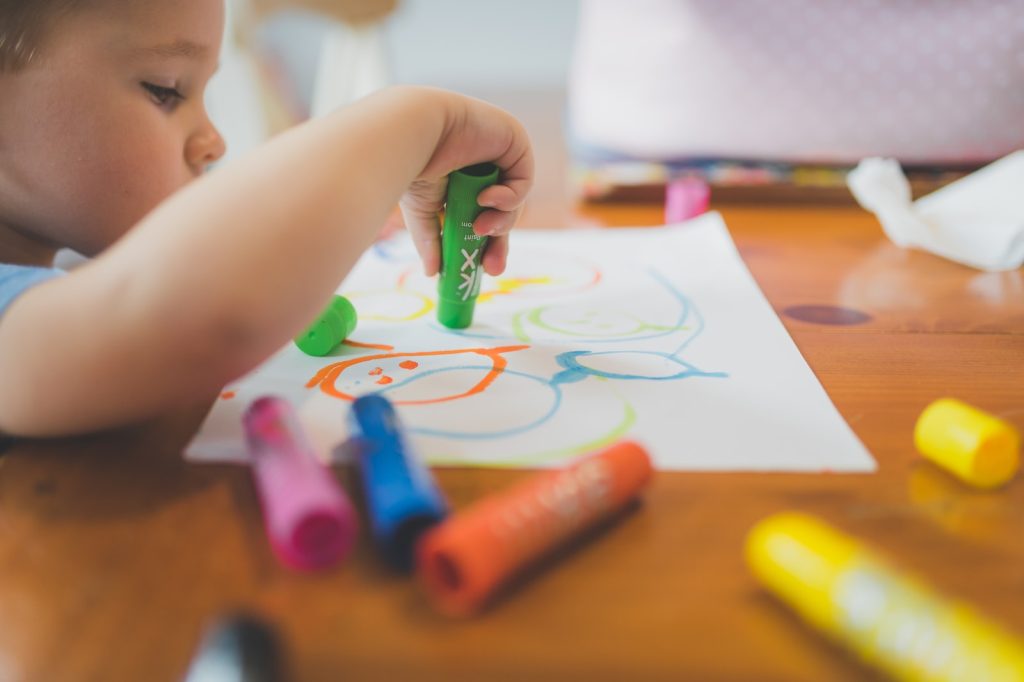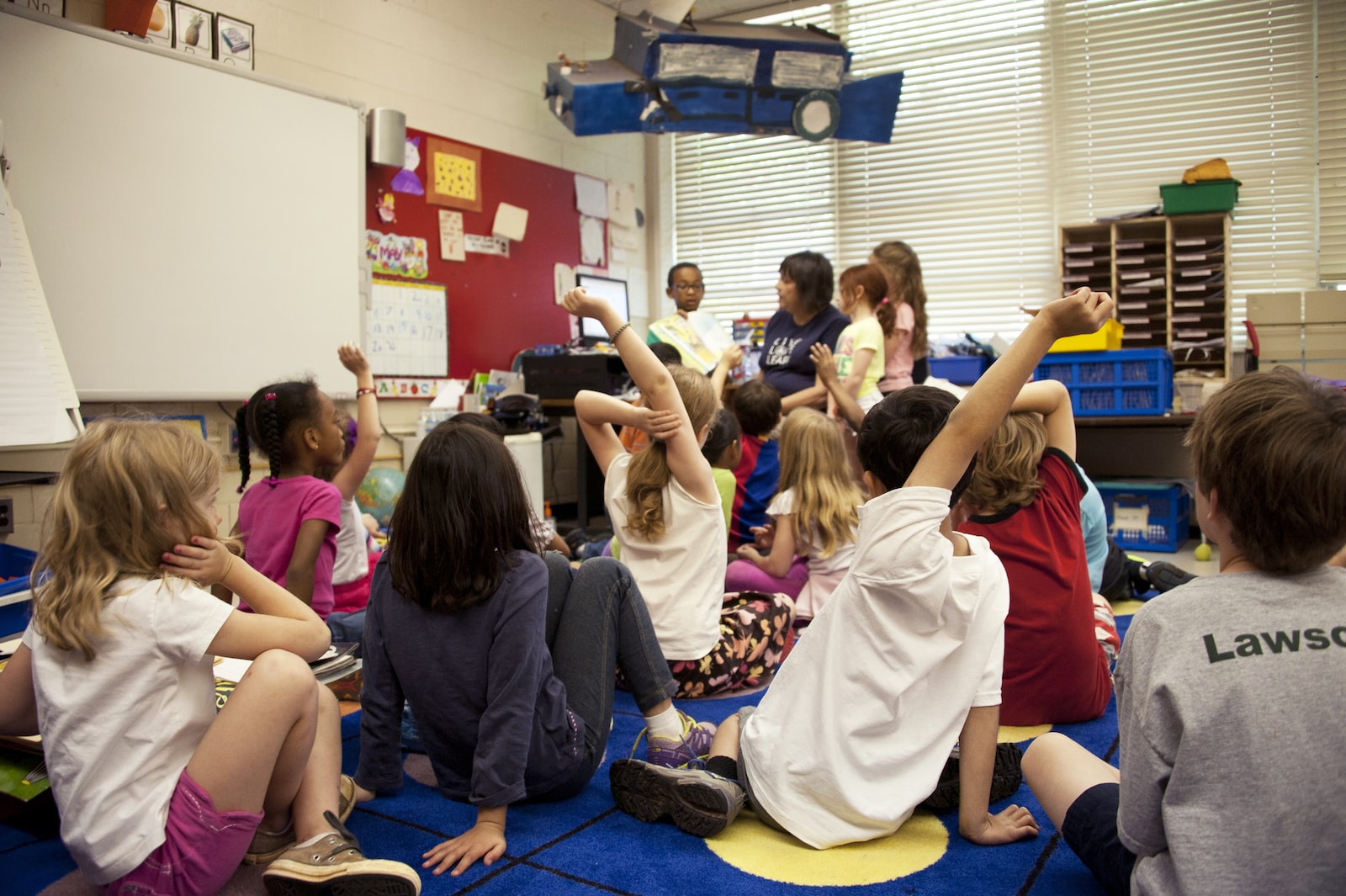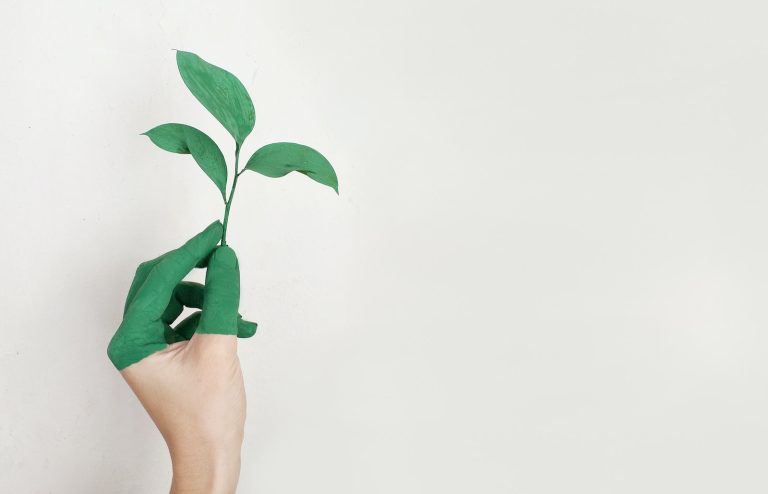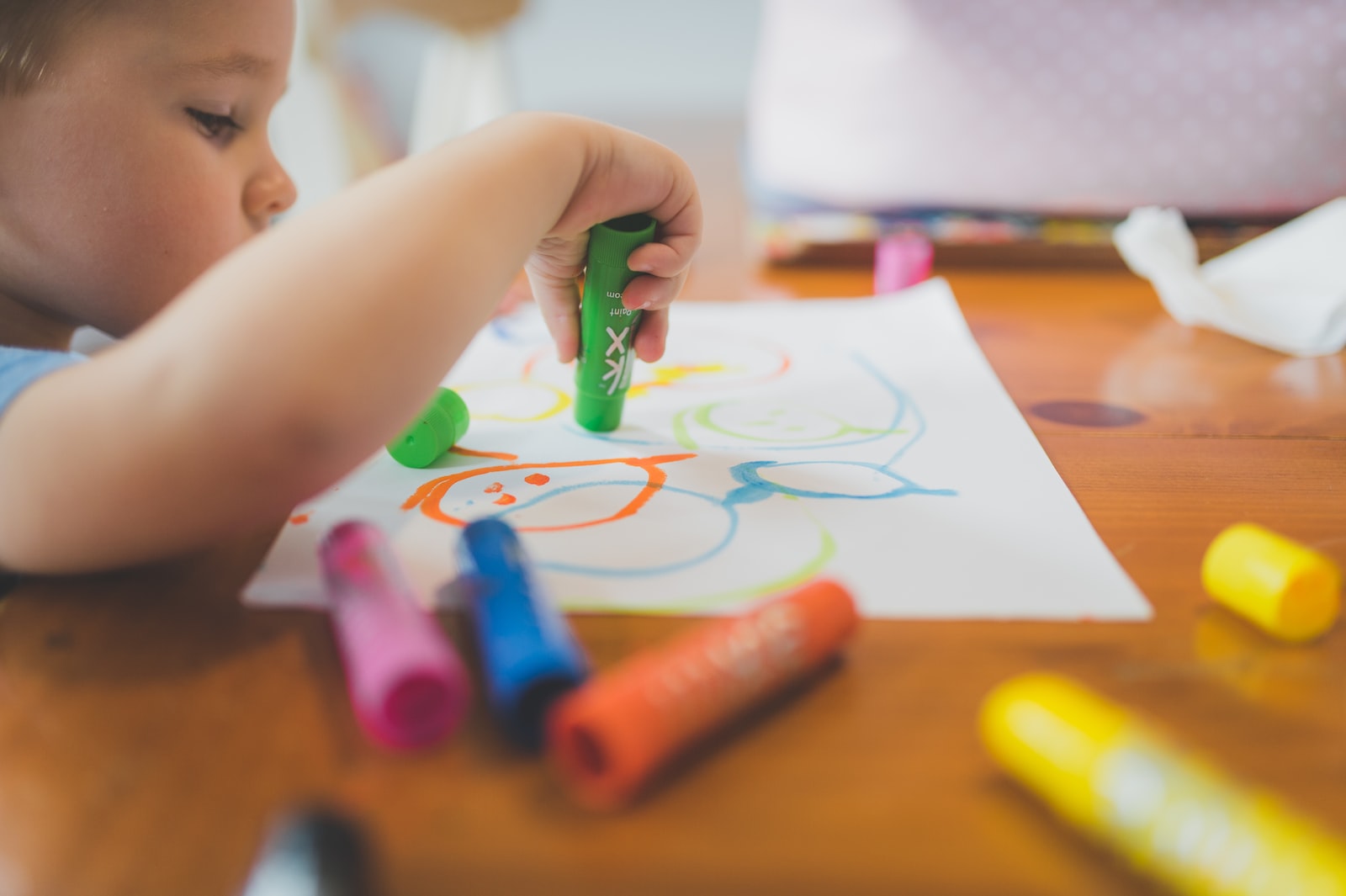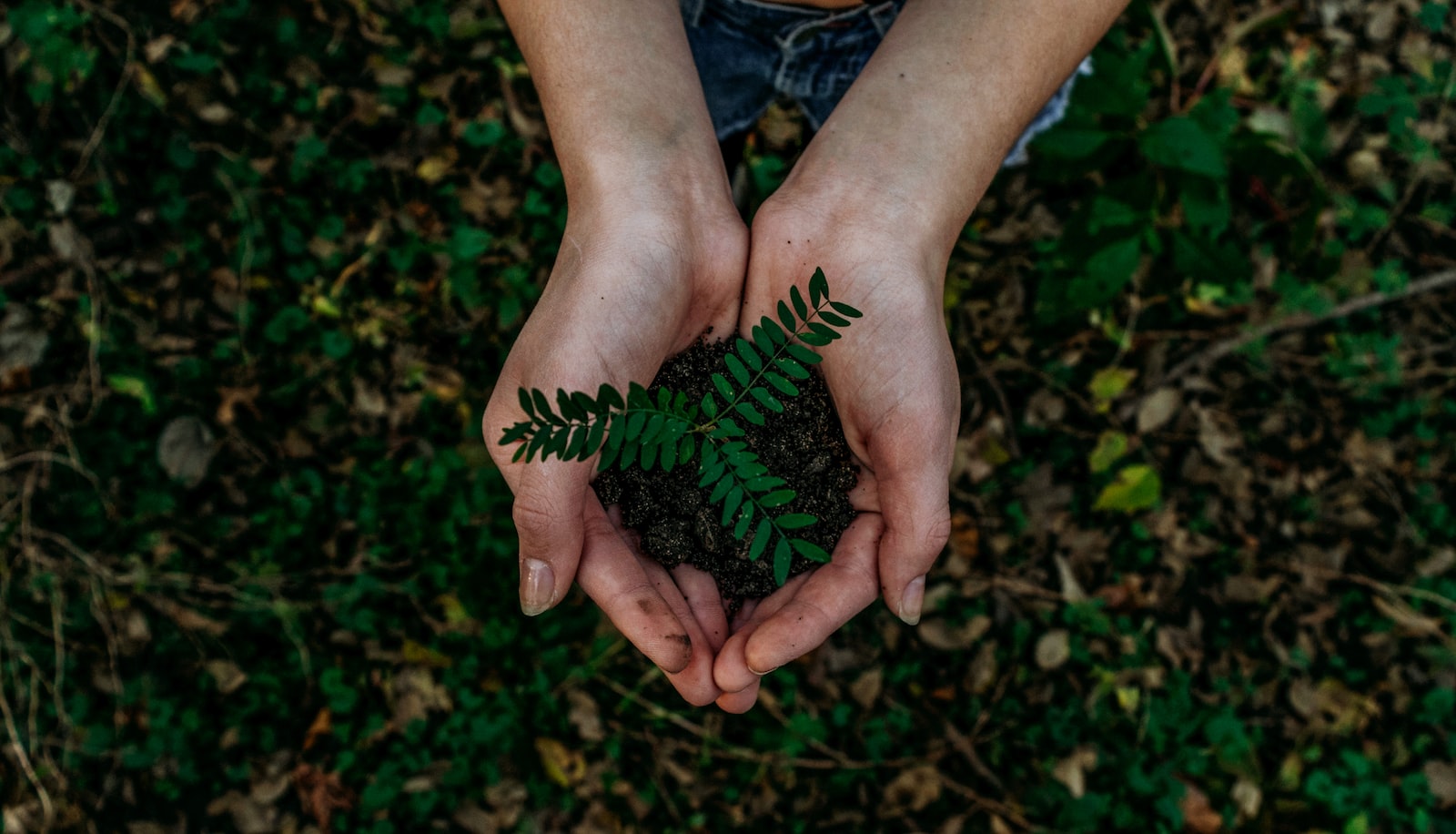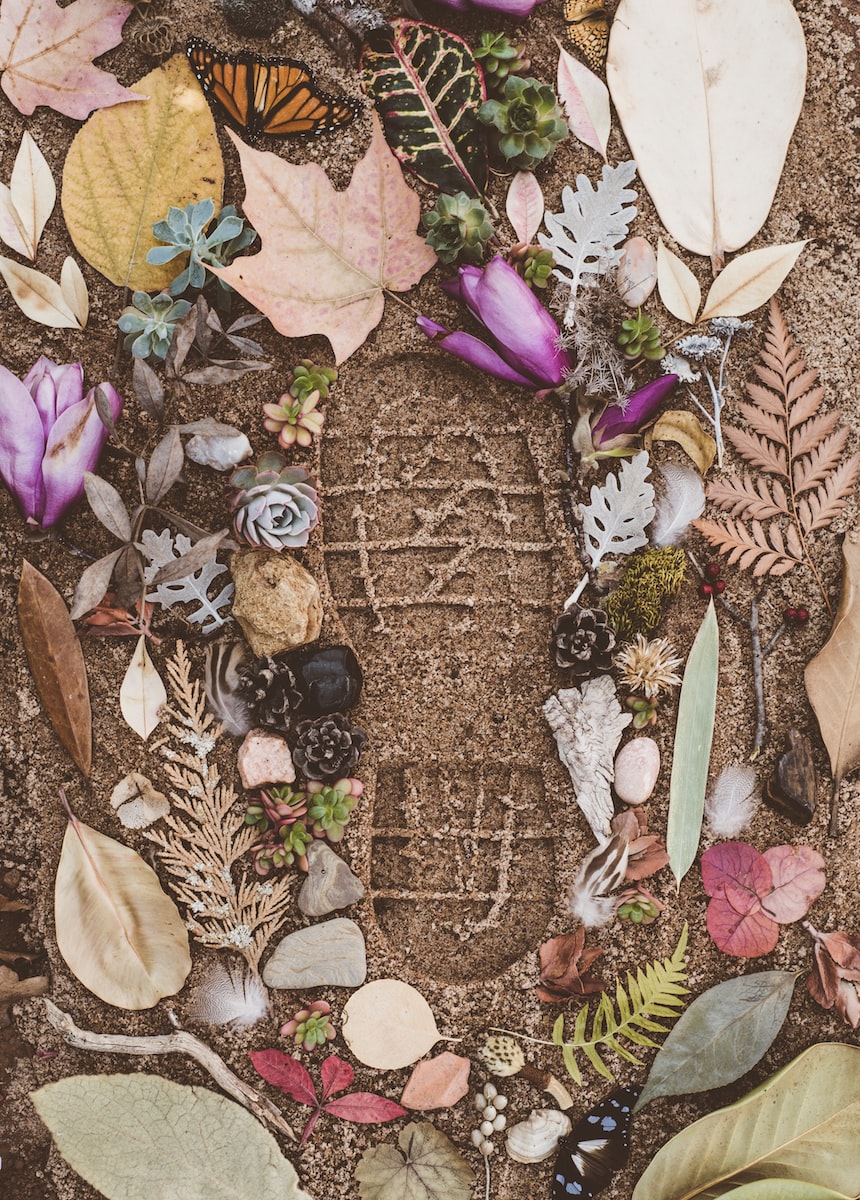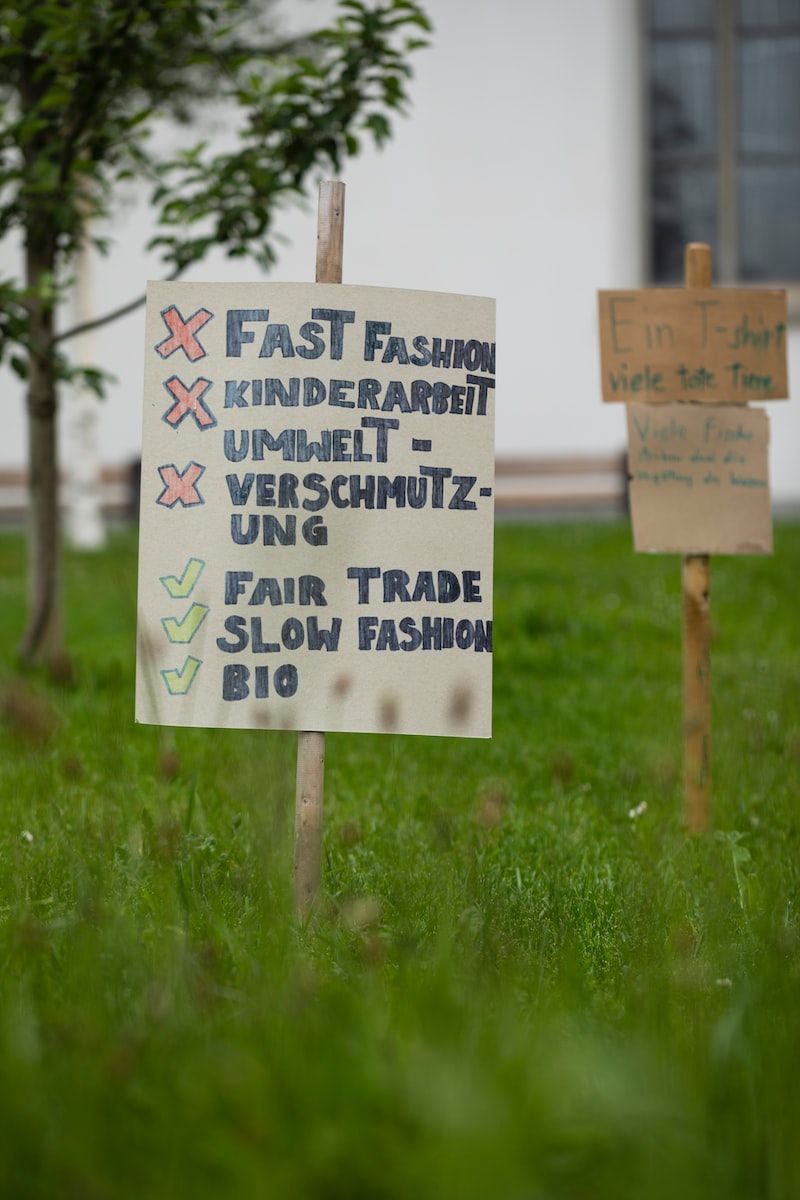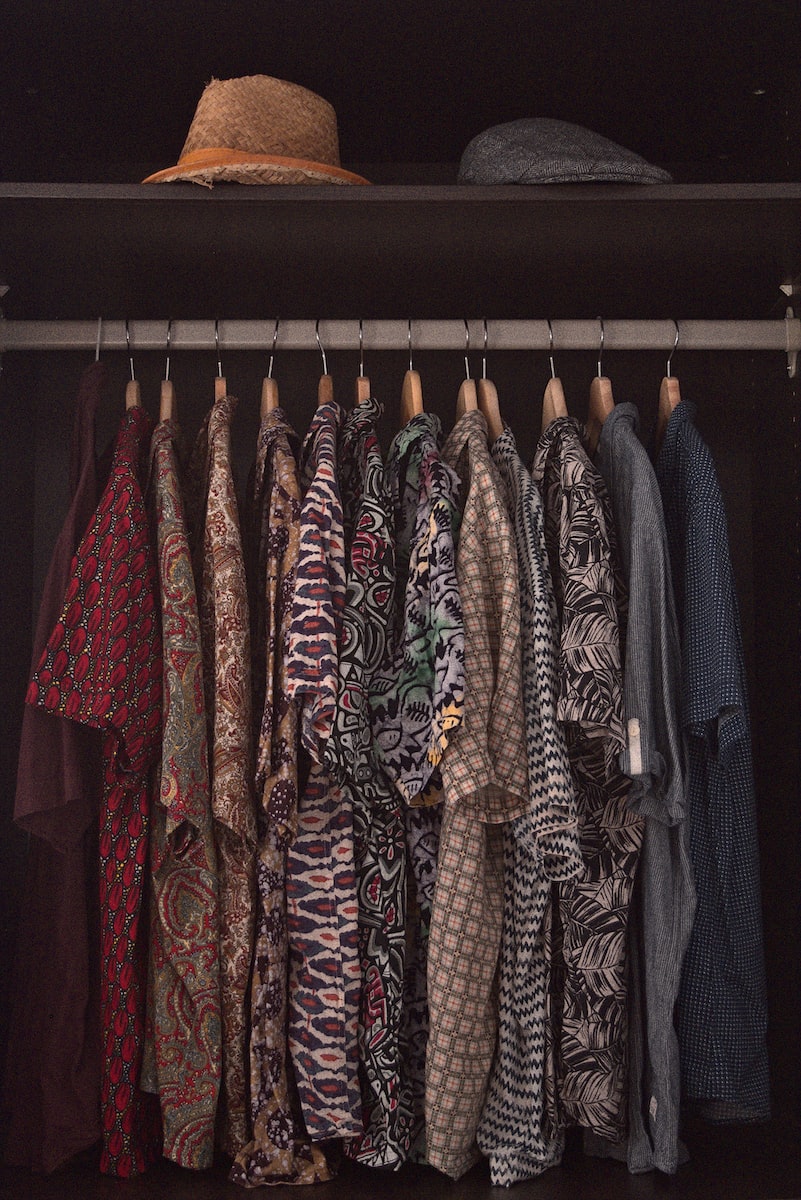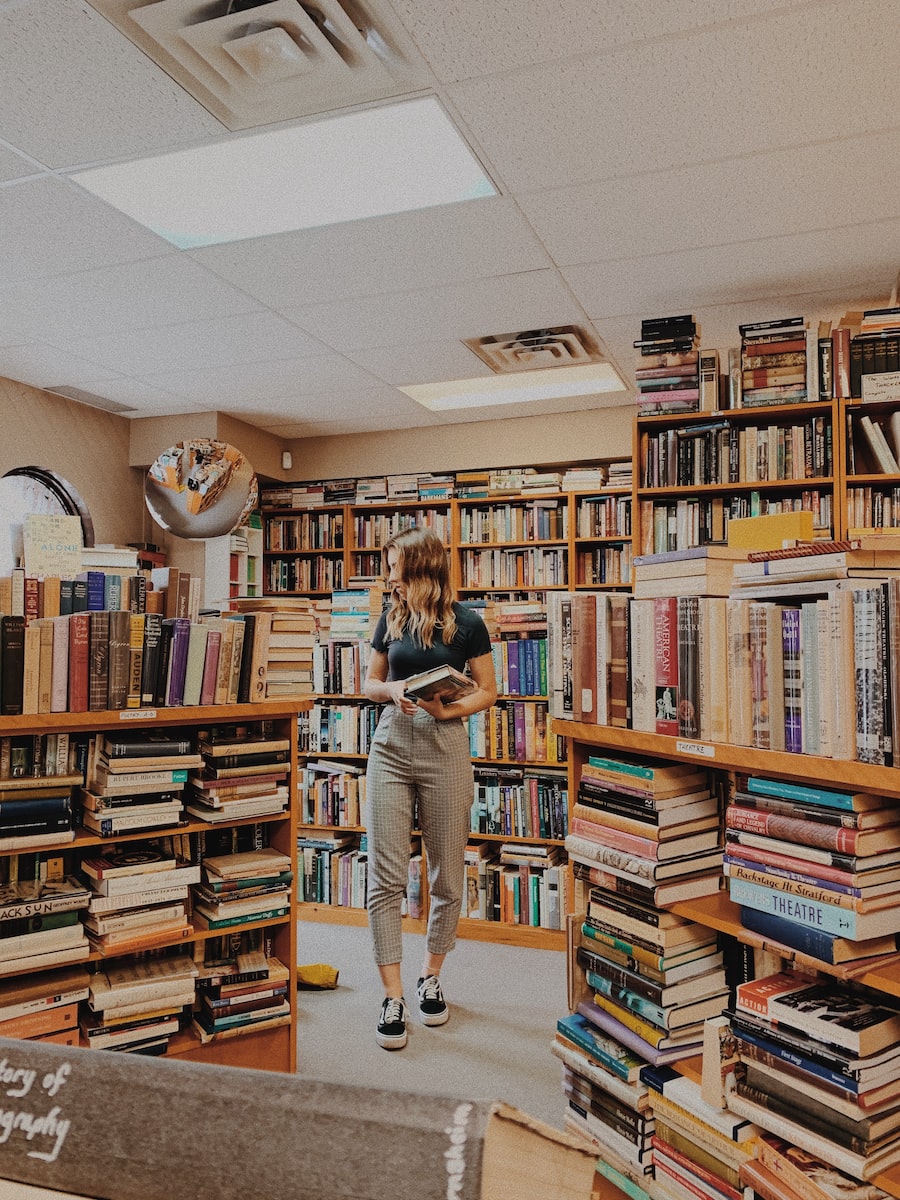Why Should We Teach Pre-Schoolers About Recycling?
Institutions that teach pre-schoolers about recycling are a good way to make sure future generations will grow up appreciating the planet and develop an understanding of the role they play in preserving it. Recycling also teaches them about sustainability. Learning the importance of sustainability shows them that the environment is important. By incorporating the 3 R’s: Recycle, Reduce Reuse into children’s life from an early age, we are setting them up with an awareness that will have a significant impact throughout the rest of their lives and on the planet.
Start by explaining the 3 R’s rules
Introduce them to the 3 R’s rule using simple explanations and examples:
Reducing means cutting back on the amount of trash we generate.
Reuse means finding new ways to use things that otherwise would have been thrown out.
Recycling means turning something old and useless into something new and useful.
When we give children everything they want, it makes them think that resources are limitless. Without education on finite resources, children will not make an effort to be more conscientious with how they live their life. There is no better time to teach them than now.
Teach pre-schoolers about recycling activities for preschoolers can boost their creative and problem-solving skills. Recycling may be a simple concept, but it is very effective in reducing waste and pollution.
Implement recycling initiatives in class
Schools and teachers need to find simple yet creative ways to make pupils change their habits and embrace recycling in their daily lives and school routines. It starts with the materials the teacher and pre-schoolers use in class and bring to school each day. Interest in recycling can spread easily if kids feel responsible for their actions at school. Teachers can employ small steps and methods to change their class’ behaviour towards sustainability.
Schools can create a global recycling policy applicable by teachers in each class. From promoting reusable bottles rather than plastic bottles to giving each class its own recycling bins with clearly marked waste streams, it’s about educating pupils step-by-step about actions and resources.
Talking about materials, paper tends to be really useful at school, but it can definitely be challenging to avoid wasting it. Teachers should prefer double-sided printing or sending information electronically and encourage kids to draw on old printed exercises. Pupils can make sure to use every page in a notebook and reuse paper waste when they do cutting-outs for another activity.
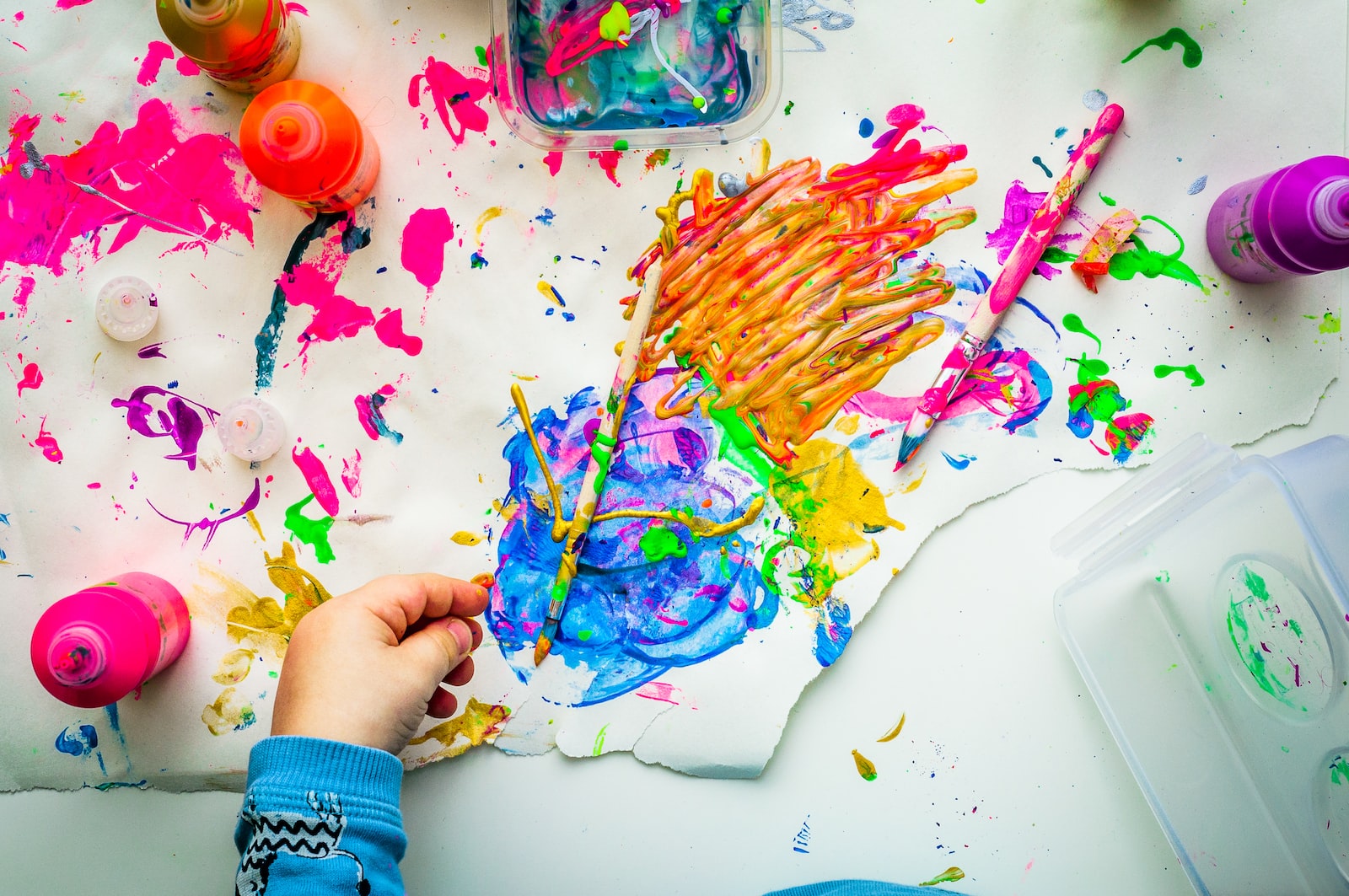
Get creative during your daily activities
Of course, teaching pre-schoolers about recycling cannot be reduced to processes and trash bins, especially for an audience that young. Resources and environmental awareness can work alongside fun activities to enrich pupils’ approach to circularity. You make prepare a desk organizer from repurposed packaging such as egg cartons to organize artsy supplies, toilet paper rolls, or plastic bottles to store crayons. You can also write a recycling-related song and make kids craft musical instruments to hit such as drums or shakers with cans. The next step would be to find a band name for your class: how cool does it sound?
Let pre-schoolers feel involved by also donating supplies. Reusing paper, donating (note)books to charity, or planning a swap book event could make them feel committed to recycling even more. They could support their teachers by selecting dedicated books, bringing supplies from home, or taking charge of organizing the event.
To educate your kids about sustainability, check out our dedicated article or download our browser extension for second-hand shopping to buy books for your class.
